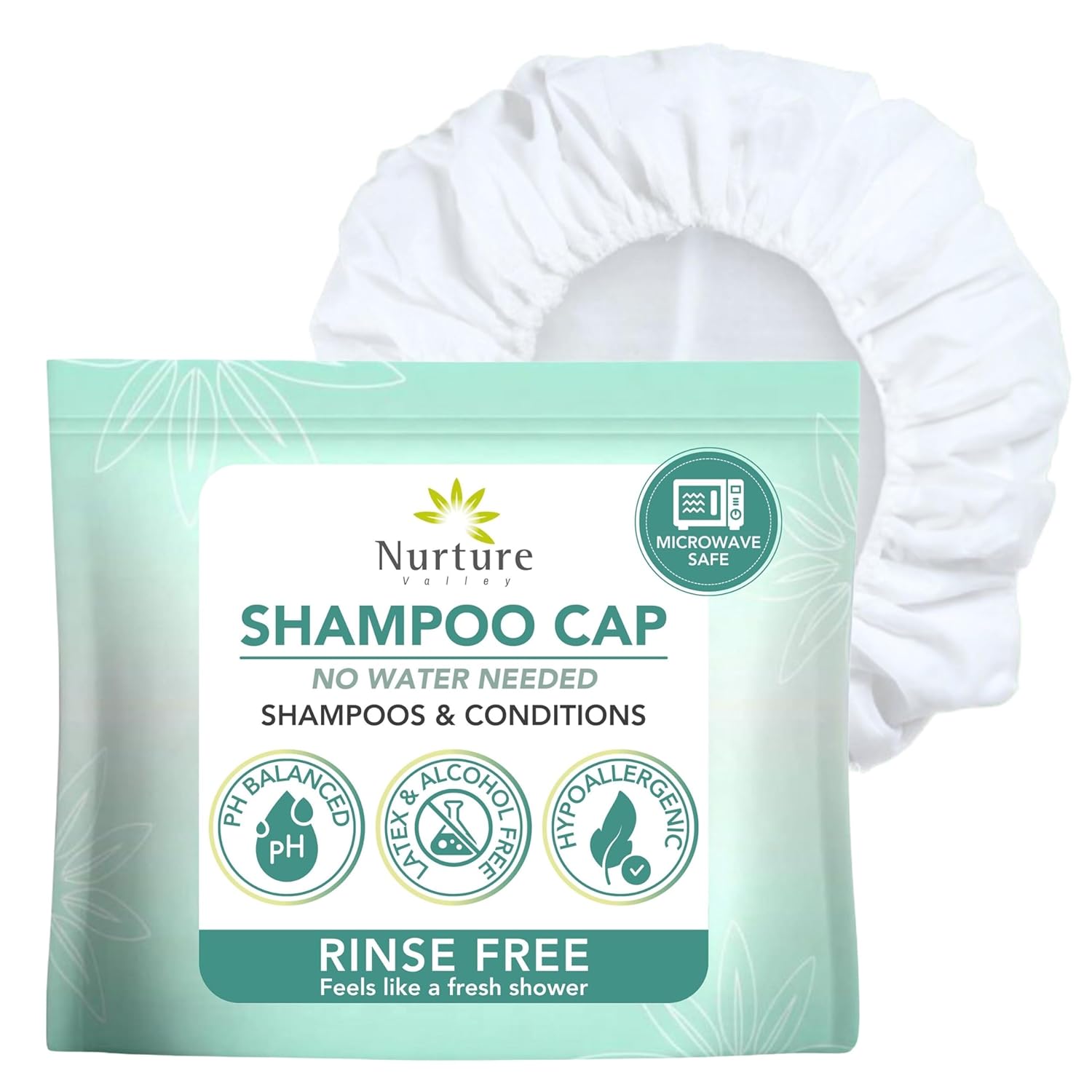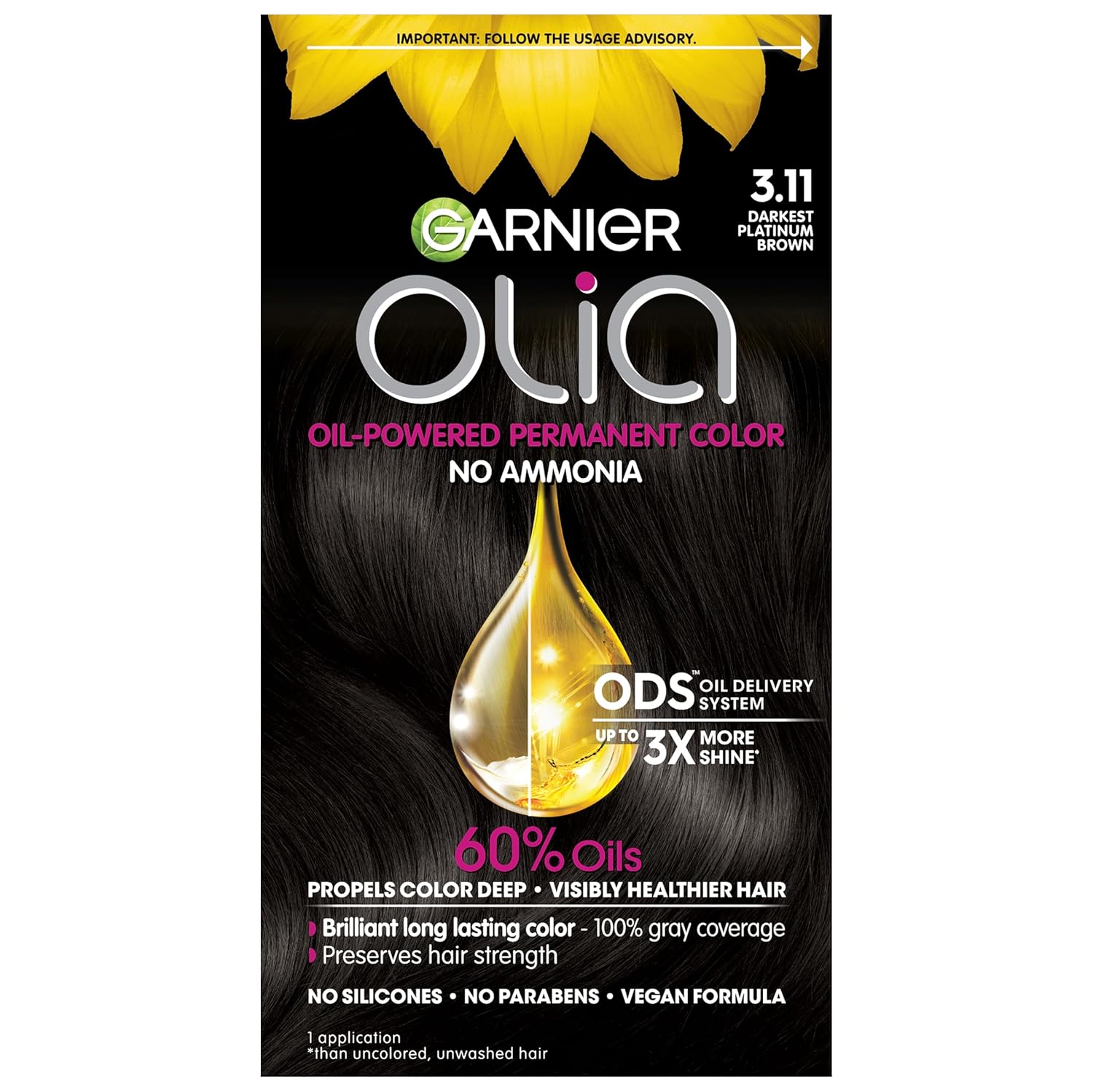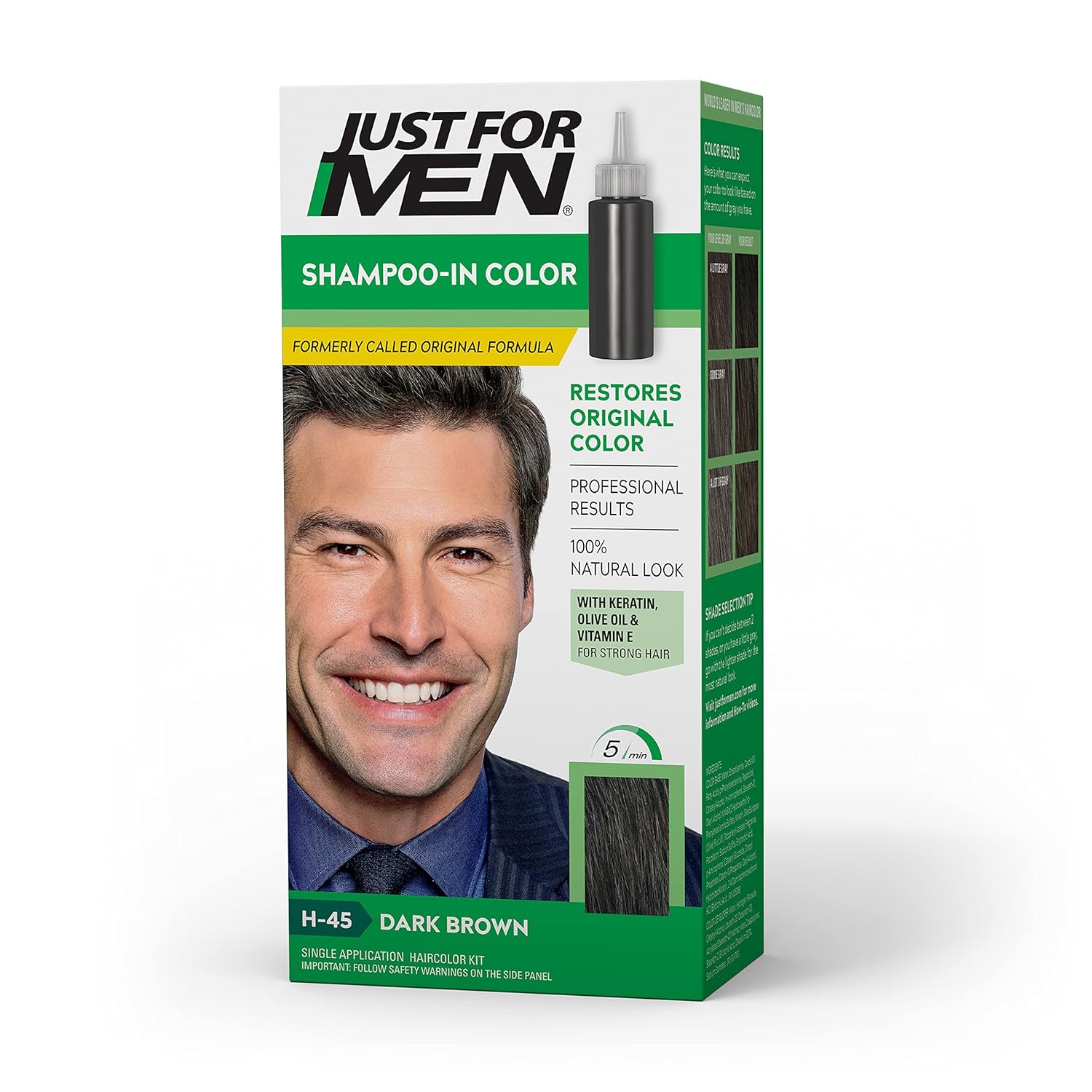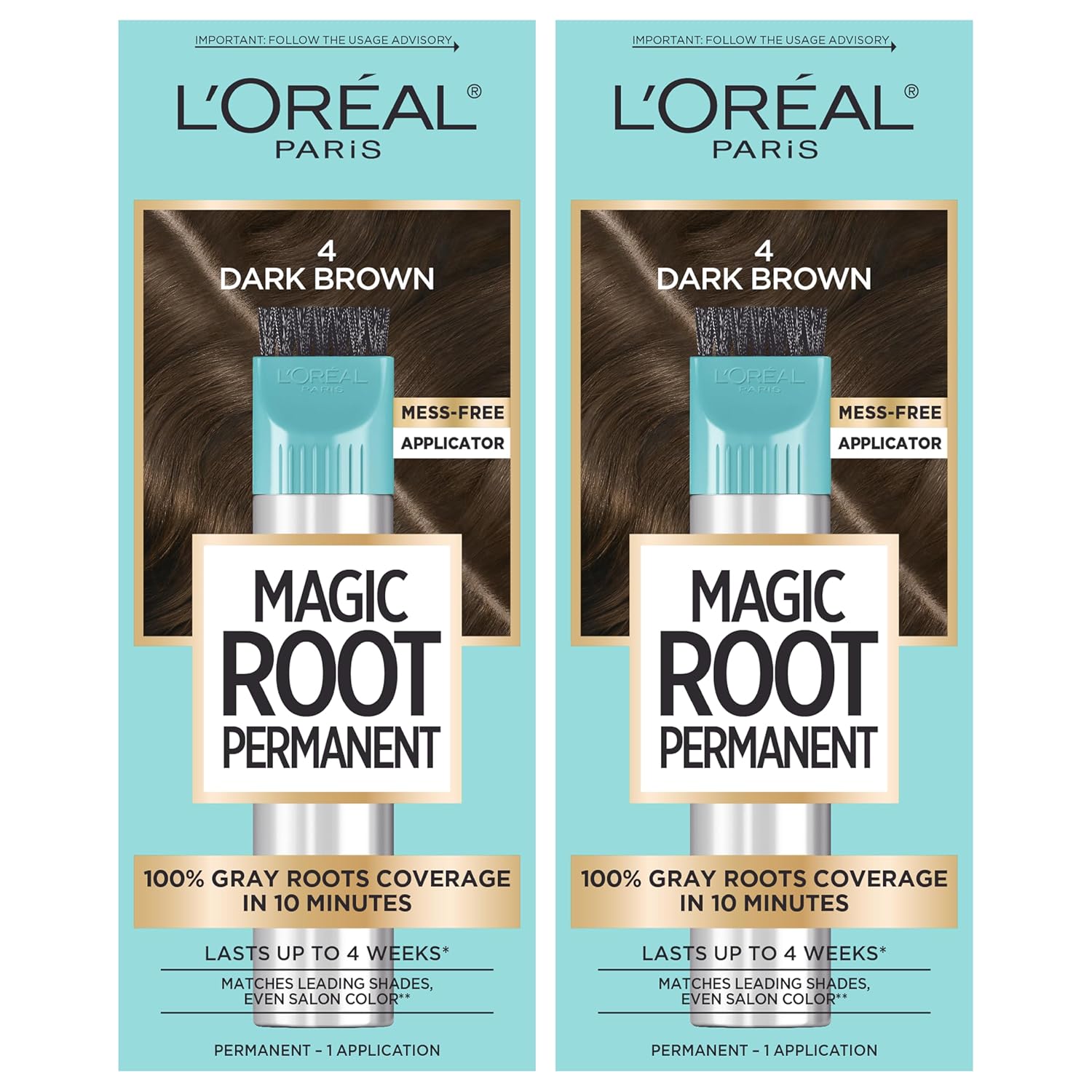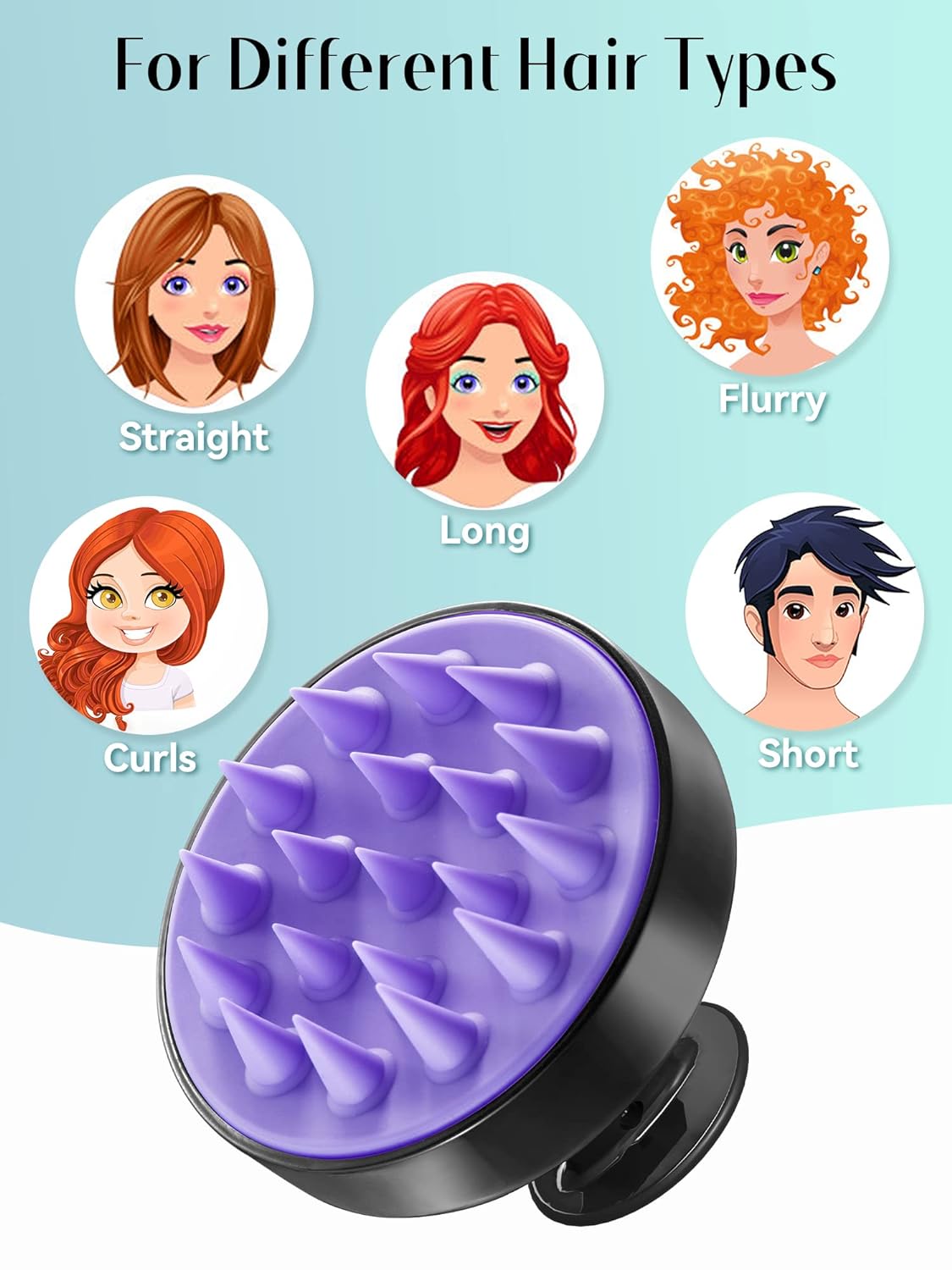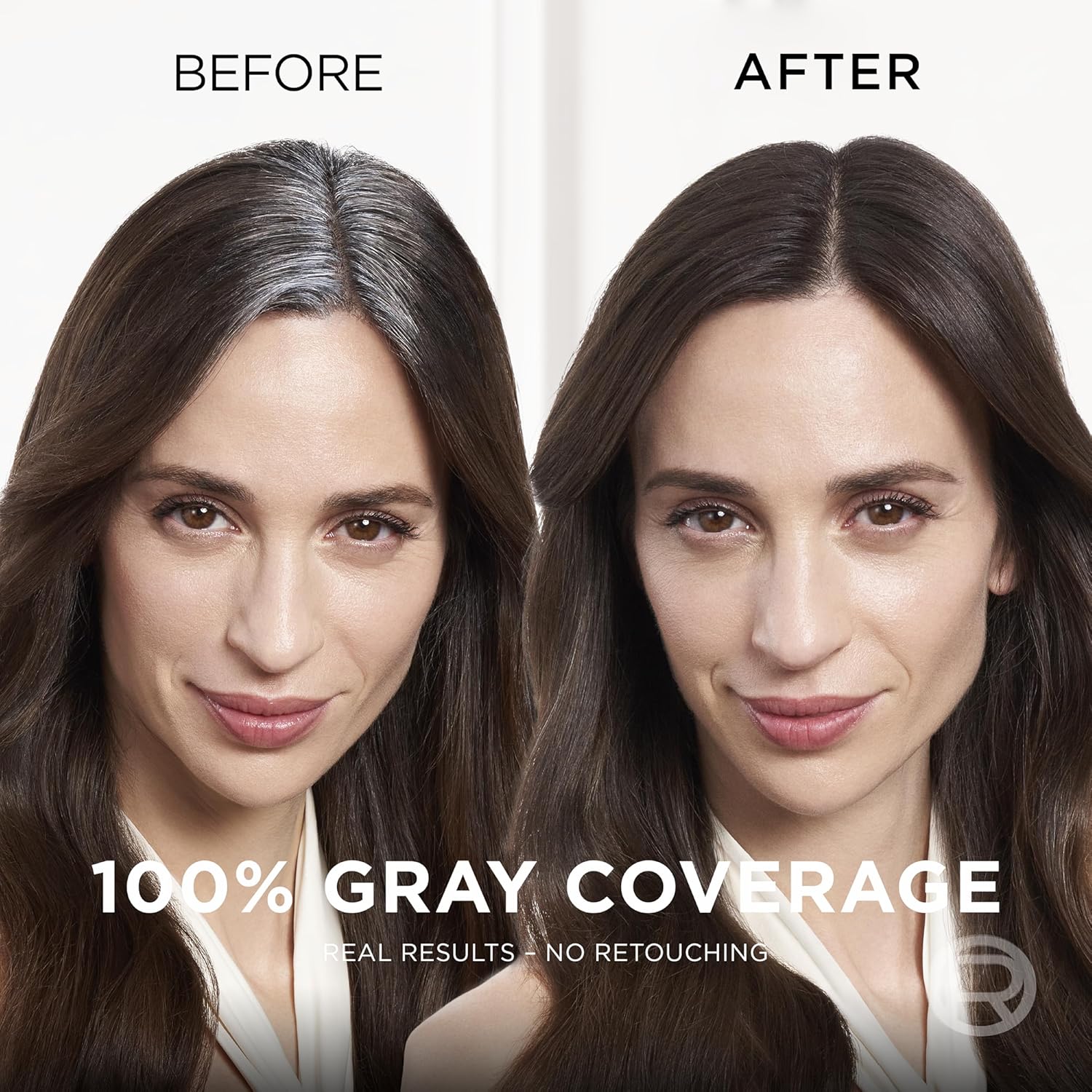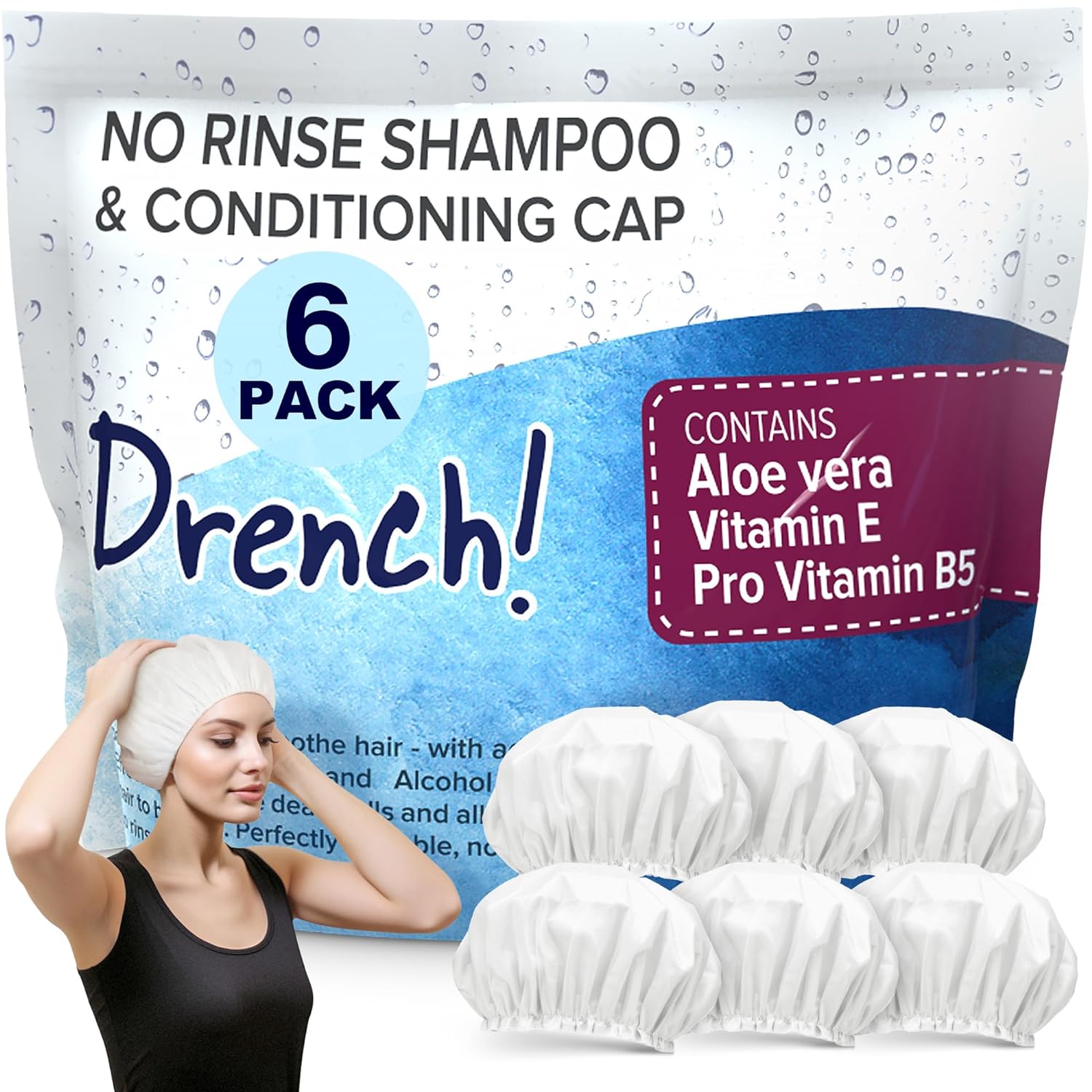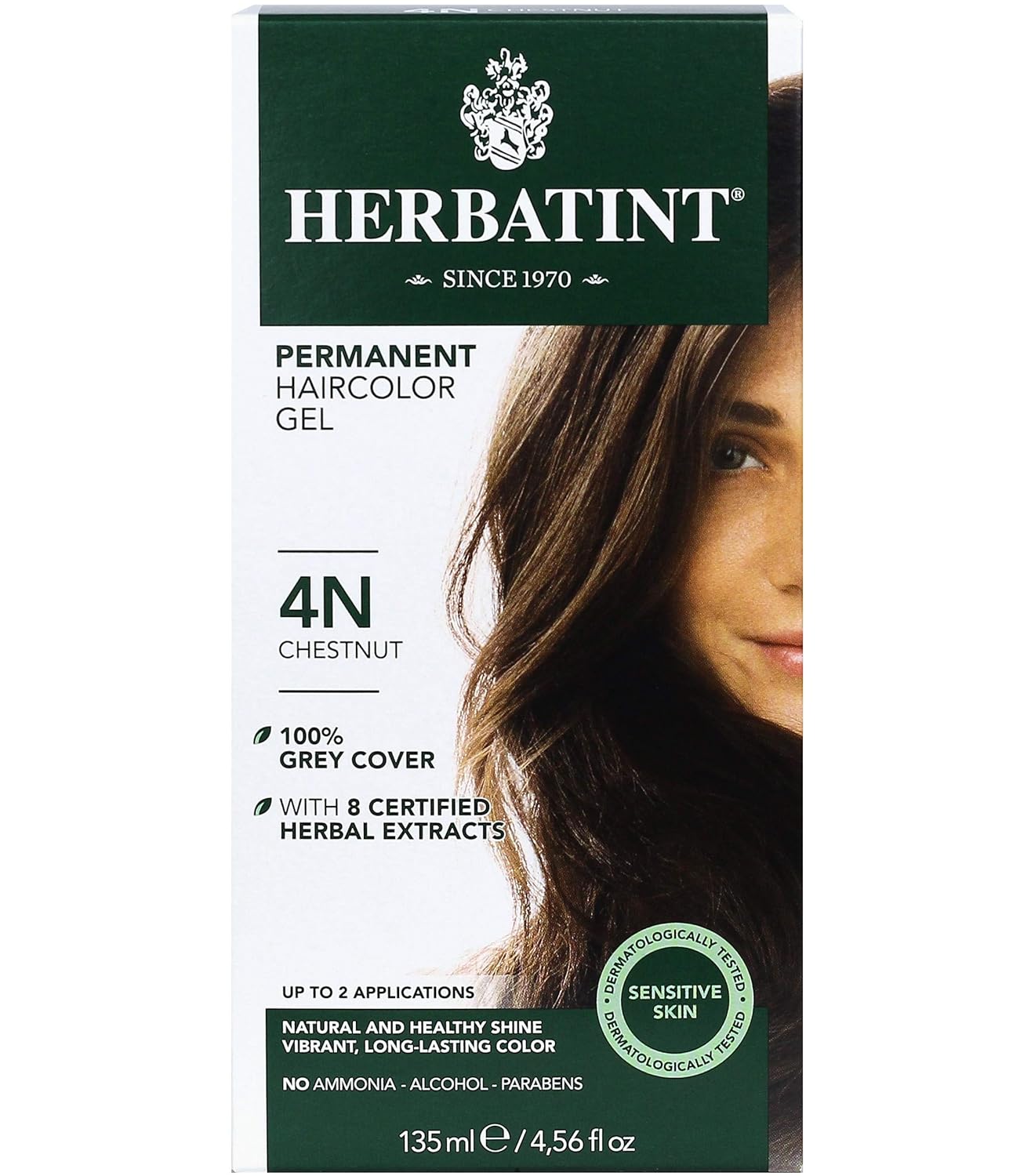Understanding Beauty and Hair Care
The Importance of a Routine
Daily Practices for Optimal Beauty and Hair Health
-
Skincare Essentials: A good skincare routine is foundational. It should include cleansing, toning, and moisturizing, tailored to your skin type. Cleansing removes impurities and excess oil, toning balances the skin's pH, and moisturizing hydrates and protects the skin barrier. Sunscreen is a must to protect against UV damage and prevent premature aging.
-
Hair Care Basics: Regular washing with a suitable shampoo and conditioner keeps hair clean and manageable. Avoiding excessive heat styling reduces the risk of damage. Incorporating a weekly deep-conditioning treatment can help maintain moisture levels and prevent breakage. Choose products with natural ingredients to minimize exposure to harsh chemicals.
-
Healthy Lifestyle Choices: Diet and hydration play crucial roles in maintaining skin and hair health. Foods rich in vitamins, such as A, C, and E, along with minerals like zinc and selenium, support healthy skin and hair. Omega-3 fatty acids found in fish and flaxseed are particularly beneficial. Adequate water intake is essential for maintaining hydration from within.
Advanced Beauty and Hair Techniques
-
Hair Coloring and Styling: When considering hair dye, choose products free from harsh chemicals like ammonia and sulfates. Seek professional advice to minimize damage and achieve the desired outcome. Regular trims prevent split ends and keep hair looking fresh. Consider protective styles to reduce manipulation and breakage.
-
Makeup Application: Learning the art of makeup can enhance your natural features and boost confidence. Consider attending beauty classes to hone your skills and stay updated on the latest trends. Focus on techniques such as contouring, highlighting, and color matching to create a flawless look.
-
Product Selection: When selecting beauty products, opt for those that suit your skin and hair type. Reading reviews and seeking professional advice can prevent adverse reactions and ensure product efficacy. Brands with a focus on sustainability and cruelty-free practices are increasingly popular and align with ethical consumerism.
Educational Opportunities and Choosing the Right School
For those interested in deepening their beauty and hair care knowledge, enrolling in beauty schools can be a transformative step. These institutions offer courses ranging from basic skincare to advanced hairstyling and cosmetic application.
-
Choosing a School: Research schools that offer comprehensive programs and have a good reputation. Consider factors like curriculum, faculty expertise, and alumni success. Online reviews and accreditation status can provide insight into the quality of education.
-
Free and Senior Classes: Some institutions offer free beauty classes or discounts for seniors, making education accessible to a wider audience. These classes often cover basic techniques and product knowledge, providing a foundation for further learning.
-
Certification and Career Advancement: Completing a program can lead to certification, enhancing career opportunities in the beauty industry. Certification demonstrates expertise and commitment, making graduates more attractive to employers.
Considerations and Precautions
-
Patch Testing: Always perform a patch test when trying new products to avoid allergic reactions. Apply a small amount of the product to an area and wait 24 hours to check for any adverse reactions.
-
Professional Consultation: Seek advice from professionals when making significant changes, such as hair coloring or treatments. They can provide personalized recommendations and techniques to achieve the best results safely.
-
Environmental Impact: Consider the environmental impact of beauty products. Choose brands committed to sustainability and minimal ecological footprints. Look for certifications such as organic, vegan, and cruelty-free labels.
Incorporating Technology in Beauty and Hair Care
-
Virtual Try-Ons: Many beauty brands now offer virtual try-on tools that allow users to test makeup shades and hairstyles using augmented reality. This technology helps consumers make informed decisions without physically trying products.
-
Smart Devices: Devices like smart mirrors and facial cleansing brushes use advanced technology to analyze skin conditions and provide tailored care recommendations.
-
Online Education Platforms: With the rise of online learning, beauty and hair care education is more accessible than ever. Platforms offer courses ranging from basic beauty tips to professional training programs.
-
American Academy of Dermatology: https://www.aad.org/public
-
Harvard Health Publishing on Nutrition and Skin: https://www.health.harvard.edu/staying-healthy/foods-that-fight-inflammation
This article was written on November 25, 2024. All deals are accurate at the time of writing. Please check the retailer's website for the latest information.
